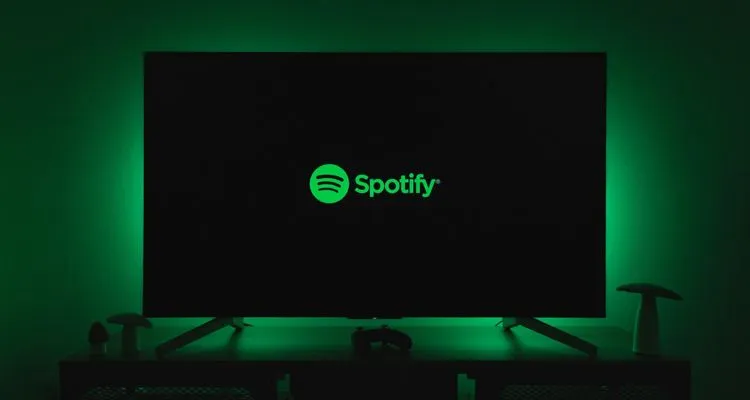Photo Credit: Thibault Penin
ValueAct Capital Management has officially invested in Spotify (NYSE: SPOT) as the Stockholm-based company looks to rein in costs and achieve profitability.
23-year-old ValueAct Capital’s CEO, Mason Morfit, unveiled his firm’s Spotify stake during a conference at Columbia University this morning, per Bloomberg. While the longtime ValueAct exec (who signed on as CEO in early 2020) didn’t identify the precise size of the SPOT holding, he did note that Spotify is his business’s “newest investment.”
Additionally, Morfit’s remarks are said to have touched upon Spotify’s highly aggressive acquisition strategy across 2019 and especially 2020, 2021, and 2022. “Its operating expenses and funding for content exploded,” spelled out Morfit. “It is now sorting out what was built to last and what was built for the bubble.”
ValueAct typically holds “positions for 3-5 years and occasionally for 10 years or more,” according to its LinkedIn description, and “has pushed for changes at some of the world’s largest and most prominent companies,” Bloomberg relayed. At the time of this writing, Spotify stock was up 4.14 percent from Thursday’s close, at $125.81 per share.
Needless to say, it’ll be interesting to see exactly which changes ValueAct seeks within Spotify, which cut a number of original programs in 2022, laid off six percent of staff last month, and has to this point resisted raising the price of its individual subscription in the U.S. Meanwhile, Apple Music and Amazon Music have gone ahead and bumped the monthly cost of their individual tiers to $10.99 in the States. (Amazon Music’s price increase will go into effect on the 21st.)
As part of the aforementioned hunt for profitability across its entire operation, Spotify is also working to turn a profit specifically in podcasting, where it’s spent billions in total on companies like The Ringer and shows such as The Joe Rogan Experience. In September of 2022, CFO Paul Vogel predicted that podcasts would “flip to profitable over the next 12 to 24 months.”
And in its Q4 2022 earnings report, which was published at January’s end, Spotify posted its largest quarterly increase in monthly active users (MAUs) to date, while ad revenue jumped by 16.62 percent quarter over quarter to hit an all-time high of €449 million.
In explaining the latter hike, Spotify pointed to an improved showing from podcasting, income from which is said to have grown “in the mid 30% range” against Q4 2021. Bearing in mind these gains, Warner Music Group yesterday revealed that its recorded music streaming income had fallen during 2022’s final three months in part because of “a market-related slowdown in ad-supported revenue.”
Furthermore, Universal Music Group head Lucian Grainge kicked off 2023 by proclaiming “that the economic model for streaming needs to evolve,” and nine days back, the major label unveiled a partnership with Tidal “to explore an innovative new economic model for music streaming.”

